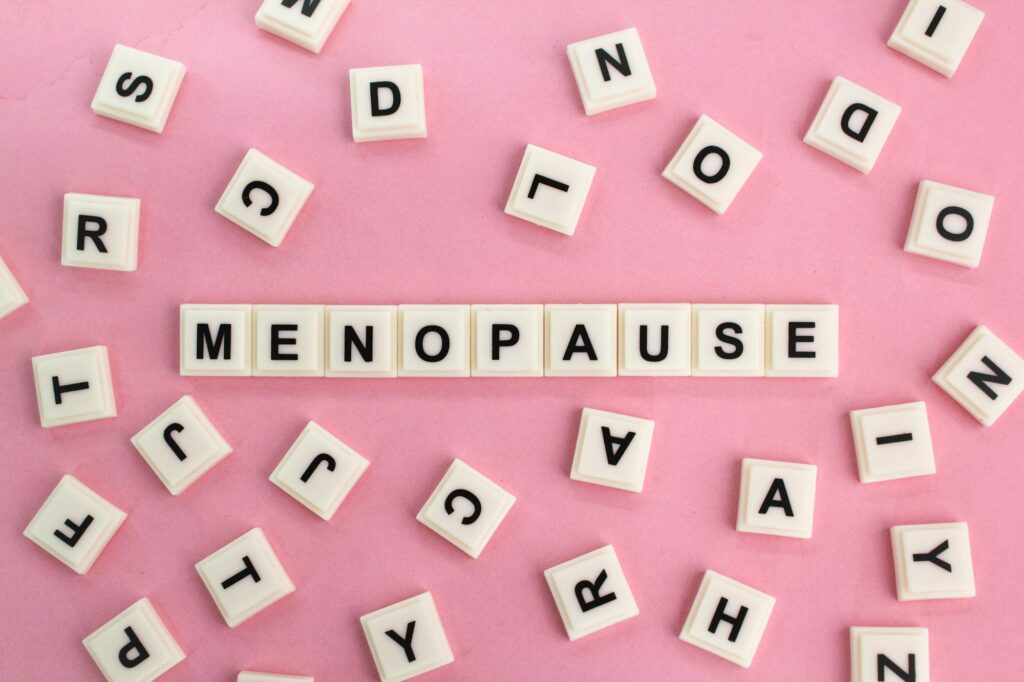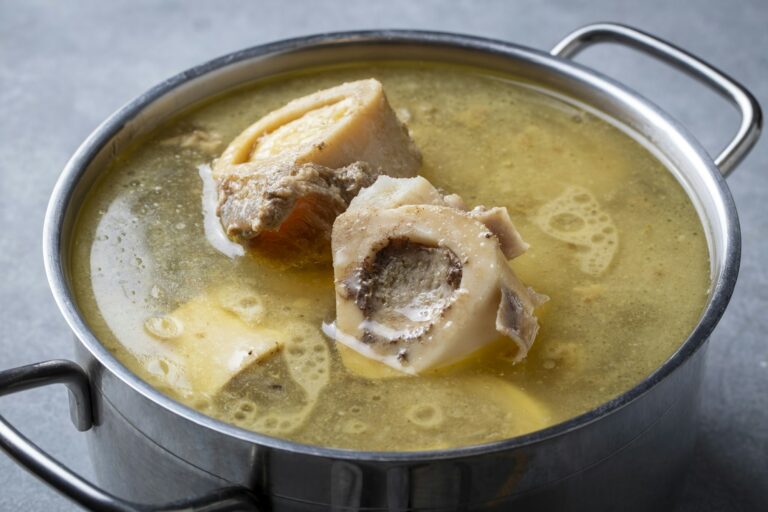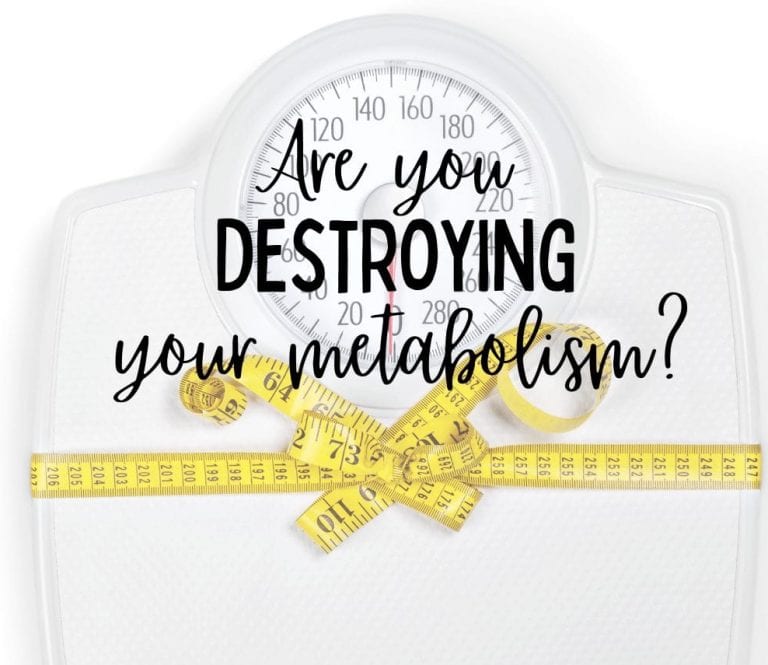Natural remedies for hot flashes and menopause symptoms
If you’re struggling with hot flashes and they’re impacting your quality of life, I totally understand. In this post, I’ll share some natural ways to manage those pesky hot flashes. Hormone replacement therapy isn’t the only option for treating menopause symptoms, friends—there are plenty of alternative approaches to consider. I share natural remedies for hot flashes and menopause symptoms.
By now, you probably know that menopause is a natural phase of our lives where the declining levels of estrogen and progesterone lead to significant hormonal changes in the body. While it’s a normal part of aging (and can be a beautiful time in a woman’s life) these shifts can bring challenging symptoms like hot flashes, insomnia, anxiety, weight gain, mood swings, among many other things, that many of us find draining and downright disruptive.

Understanding Menopausal Hot Flashes
Did you know that Hot flashes, affect up to two-thirds of American women? Hot flashes occur when hormonal fluctuations cause sudden spikes in body temperature, leading to intense heat, sweating, and sometimes embarrassment, especially in public situations.
Night sweats can further disrupt sleep, leaving women feeling exhausted. While these symptoms often lessen over time, they can persist for years in some women, significantly impacting their quality of life.

Hormone Replacement Therapy and Other Treatments
For many women, the discomfort of hot flashes leads them to explore hormone replacement therapy (HRT). While HRT can be an effective treatment option for some, it’s not without potential risks, such as increased chances of breast cancer, heart disease, and blood clots. Given these risks, many women seek alternative treatments or complementary approaches to managing menopause symptoms.
Natural Remedies to Soothe Hot Flashes
The good news is that there are several natural remedies and lifestyle changes that can help reduce the frequency and intensity of hot flashes. Here are some of the most effective natural approaches:

1. Black Cohosh
Black Cohosh is a widely recognized herbal remedy for menopausal hot flashes. It’s believed to work by balancing hormone levels and supporting the body’s temperature regulation. Clinical studies have shown that Black Cohosh can significantly reduce the frequency of hot flashes and other menopause symptoms like mood swings and vaginal dryness.
How it Helps: Black Cohosh is believed to work by balancing hormones and supporting the body’s natural response to temperature regulation. It can also help alleviate headaches, sleep disturbances, and mood swings, which are commonly associated with menopause. Many women report noticeable improvements in hot flashes and other symptoms after just four weeks of consistent use.
Dosage: To achieve the best results, it’s recommended to take Black Cohosh twice daily for six to eight weeks. This regimen allows the herb to build up in your system and provides sustained relief from symptoms.

5. Valerian Root
Valerian, known for its calming effects, can also help reduce the frequency of hot flashes, particularly those that disrupt sleep. By promoting relaxation, Valerian helps to stabilize core body temperature, making it easier to manage night sweats.
Valerian root is another natural remedy with a long history of use, particularly as a sleep aid. What many don’t realize is that Valerian can also significantly reduce the frequency and intensity of hot flashes.
How it Helps: Valerian is thought to work by calming the nervous system, which can reduce the body’s tendency to overheat, leading to fewer and less severe hot flashes. Additionally, because it’s a non-addictive sleep aid, Valerian can improve sleep quality, which is often disrupted by night sweats and other menopausal symptoms. Many women begin to see improvements in hot flashes within just four weeks of starting Valerian.
Dosage: Valerian is commonly taken in capsule or tincture form, and the dosage varies depending on the product. It’s best to follow the specific instructions on the supplement you choose, keeping in mind that consistent use is key to experiencing its full benefits.

6. Pycnogenol
Pycnogenol, derived from the bark of French maritime pine trees, is a potent natural remedy that supports vascular health, making it highly effective in reducing vasomotor symptoms like hot flashes and night sweats.
How it Helps: Pycnogenol works by improving blood vessel function, which is crucial during menopause when hormonal changes can cause the blood vessels to dilate and contract erratically, leading to hot flashes. Stabilizing blood flow, Pycnogenol helps regulate body temperature, reducing the frequency and severity of hot flashes.
Dosage: The recommended dosage of Pycnogenol ranges from 60 to 200 mg per day, depending on the severity of your symptoms. Consistent use over several weeks can lead to significant improvements in managing hot flashes and other menopausal symptoms.
Other Natural Options For Menopause Symptoms Relief Include:
Red Clover
Rich in plant estrogens known as isoflavones, Red Clover is another popular herbal remedy. These plant estrogens can mimic the effects of estrogen in the body, helping to alleviate menopausal symptoms. Red Clover has been studied for its potential to reduce hot flashes and improve overall health during menopause, though results can vary.
Dong Quai
Dong Quai, often used in traditional Chinese medicine, is thought to help balance hormone levels and improve circulation, potentially reducing hot flashes. Although scientific evidence is still limited, many women find relief with this herbal medicine.
Evening Primrose Oil
Evening Primrose Oil contains gamma-linolenic acid (GLA), a type of fatty acid that may help reduce the severity of hot flashes. While more clinical trials are needed to confirm its effectiveness, it’s a popular choice among women seeking natural treatments.
Lifestyle Changes for Managing Hot Flashes
In addition to herbal remedies, lifestyle changes can also play a significant role in managing the discomfort of hot flashes:
- Dietary Adjustments: A Mediterranean diet rich in whole grains, fruits, vegetables, and healthy fats is a great way to support overall health and reduce menopause symptoms. Avoiding spicy foods, caffeine, and alcohol can also help minimize hot flashes.
- Deep Breathing Exercises: Practicing deep breathing exercises and mindfulness can help reduce the stress that often triggers hot flashes. Cognitive-behavioral therapy has also been shown to be effective in managing hot flashes and improving sleep.
- Maintaining a Healthy Weight: Carrying excess weight can increase the severity of hot flashes. Regular exercise and a balanced diet can help you maintain a healthy weight, which may reduce hot flashes.
The Importance of Consulting Your Healthcare Provider
While natural remedies can offer significant relief, it’s essential to consult with a healthcare provider before starting any new treatment. This is especially true if you have existing medical conditions or are taking prescription drugs. Your healthcare provider can help you determine the most effective treatment options based on your unique needs, ensuring that you manage menopausal hot flashes safely and effectively.
Conclusion
Menopause is a natural transition that every woman experiences, but it doesn’t have to be a time of discomfort. By exploring natural remedies and making thoughtful lifestyle changes, you can reduce the impact of hot flashes on your daily life. Whether you opt for herbal remedies like Black Cohosh, Red Clover, or lifestyle adjustments like deep breathing exercises and dietary changes, the most effective way to manage your symptoms is to find what works best for you.
Always remember to consult with your healthcare provider before starting any new treatment, and keep in mind that it may take some time to find the right approach for you. Here’s to a smooth and empowering transition into this new chapter of life!

Stephanie Dalton is an integrative nutritionist dedicated to helping women like you heal — from root causes. I focus on using food as medicine, targeted supplementation and herbs, and lifestyle changes to start the healing process so you can come home to your body and live your best life. As a practitioner, I love to help women figure out how to make small changes that make a BIG impact. My favorite quote is, “Small hinges swing big doors.” My specialty is healing issues related to adrenal and thyroid, period, perimenopause/menopause, autoimmune disease, and chronic digestive disorders, but I can also help you plan simple, healthy meals, make healthy habits stick, and discover an exercise/relaxation routine that’s just right for you and your unique lifestyle.







